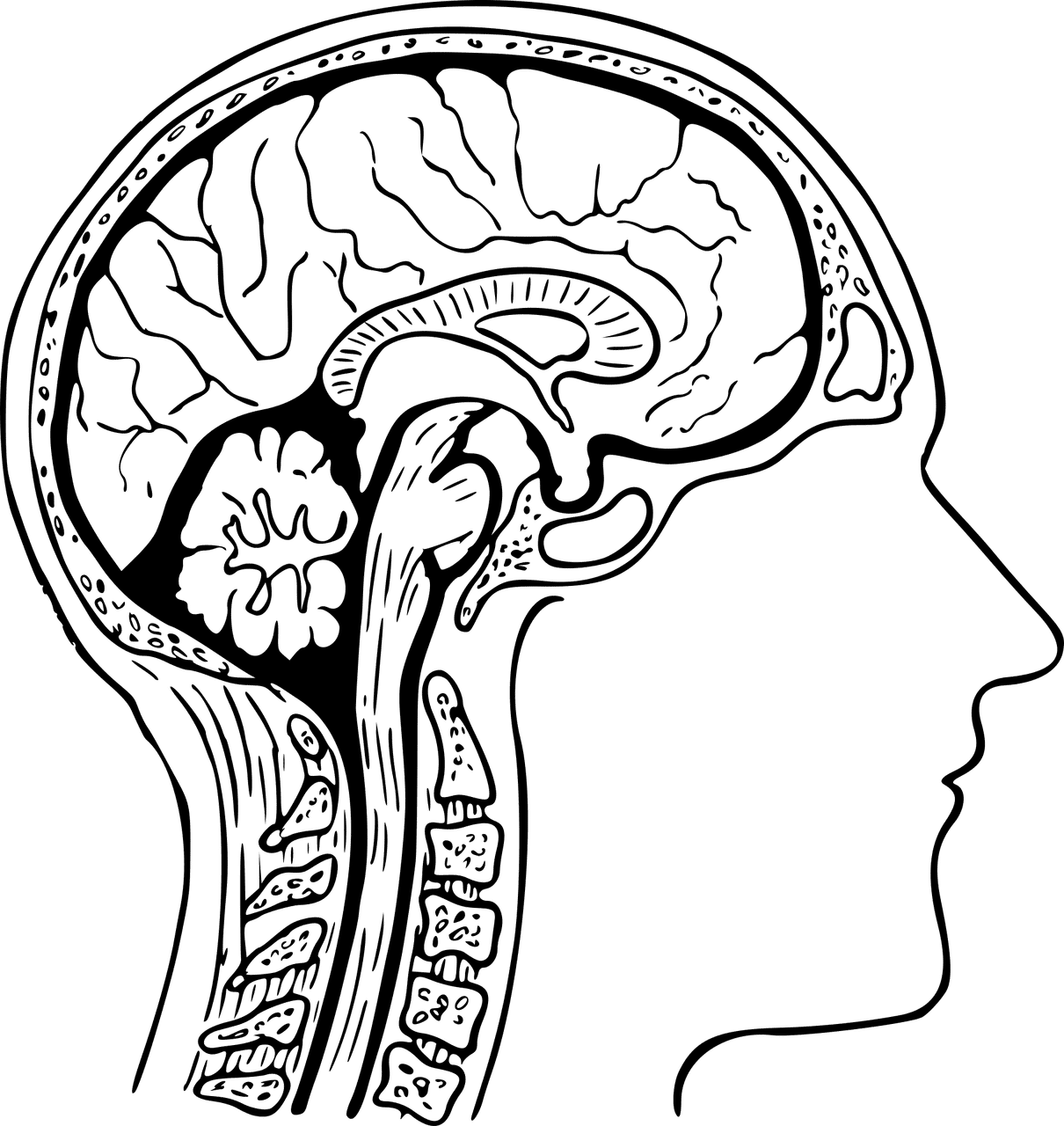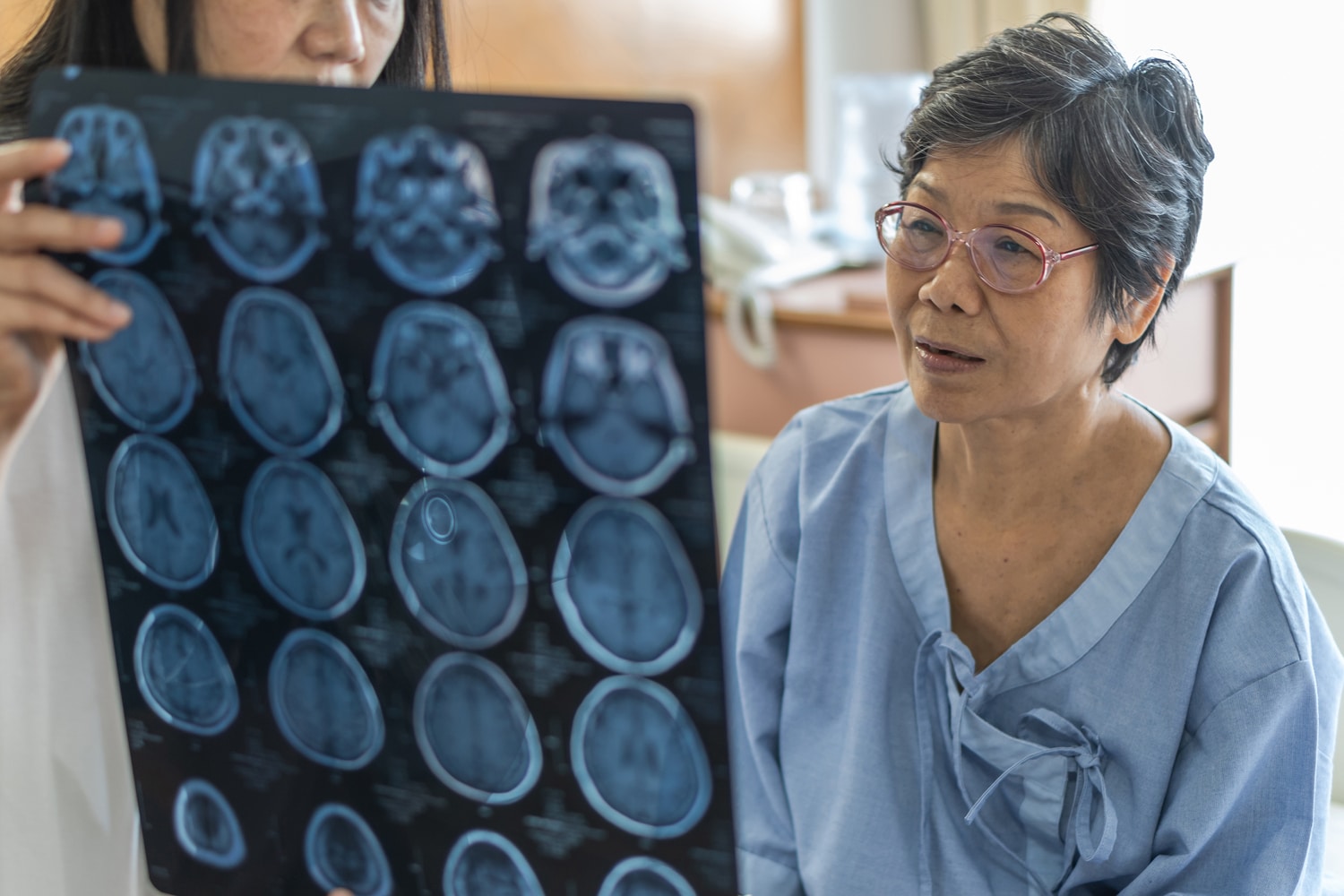March Is Brain Injury Awareness Month
Car accidents have traumatic and long-lasting impacts on victims’ lives, especially when those victims sustain a traumatic brain injury (TBI). In fact, motor vehicle crashes are one of the leading causes of death and injury every year in the United States, and they are among the top three leading causes of fatal head injuries across all age groups.
At least one major organization is doing something to try and reach out to the victims of TBIs. During March 2017, the Brain Injury Association of America (BIAA) will promote Brain Injury Awareness Month and advocate for victims of all ages to remind them they are “not alone.”
In existence since 1980, BIAA is the country’s oldest and largest nationwide brain injury advocacy organization. According to their website, the organization was founded to promote awareness, research, treatment, education, and improved quality of life for victims of brain injury.
Their 2015-2017 campaign — which BIAA has tagged with the theme “Not Alone” — provides a platform to do this by specifically educating the general public about the needs of people with brain injuries and the families supporting them.
What Is a Traumatic Brain Injury?
A traumatic brain injury (TBI) occurs when an external force or trauma impacts the brain inside the skull and disrupts normal communication between neurons and nerve tracts.
Each year, TBIs account for approximately 2.5 million emergency department visits, hospitalizations, and deaths. Furthermore, between 2001 and 2010, rates of TBI-related emergency department visits increased by 70 percent, and TBI-related hospitalizations rose 11 percent.
Signs and Symptoms of Head Injuries
The signs and symptoms of a brain injury vary widely from person to person, even within the standard medically-determined severity classifications of mild, moderate, and severe. Furthermore, establishing a TBI diagnosis can be very difficult because standard imaging tests can sometimes miss subtle damage caused by an impact.
As experienced TBI lawyer Tom Crosley explains in his video, “How Can a Plaintiff Have a TBI If the Scans at the Hospital Are Normal?”:
“If the brain is violently shifted during a car wreck, and the collision involves some rotation and your brain shifts around in the skull, that can cause stretching, tearing, or other damage to those brain cells. That happens on a microscopic level that just doesn’t get picked up by MRI most of the time.”
Many brain injury victims struggle as they try to get a definitive diagnosis because the signs and symptoms of TBIs overlap with many other conditions. Although the effects of a TBI vary widely, the symptoms tend to fall into four primary areas:
- Thinking and remembering
- Physical symptoms
- Emotions and mood
- Sleep
Click here to download a free ebook from Crosley Law Firm with a more detailed discussion of the signs and symptoms of a TBI.
How to Help TBI Victims
Struggling with the long-lasting effects of a TBI after a traumatic event like a car accident can pose an incredible challenge for victims and their families alike. However, the family and friends of a victim can have an enormous positive impact during recovery by providing an effective support structure. A TBI victim may need a lot of help as they go through treatment and come to grips with the ways in which their injury has permanently altered their lives.
Early on, supporters can volunteer to take care of day-to-day chores to help the victim focus on their recovery. Helping with laundry, taking care of pets, making meals, volunteering to help with childcare, driving the victim to or from appointments, and grocery shopping are all examples of day-to-day tasks that, on their own, may seem simple. However, in the midst of a TBI recovery process, trying to manage an ever-growing to-do list can feel incredibly overwhelming and create stress that’s detrimental to healing.
In the long term, caring for someone with permanent brain injury symptoms and disabilities is more involved. It begins with educating yourself about the person’s unique needs and challenges so you can develop strategies and accommodations that will ease their transition back into their routine. Finding ways to incorporate structure into a TBI victim’s life can have a tremendous positive effect. Clearly outlined to-do lists, regular day-to-day routines, a highly visible calendar in a convenient location, and other organizational tools can help victims as well as their caretakers face each day with confidence.
One of the most important aspects of a TBI recovery, both in the short term and long term, is celebrating successes. When you or someone you love is recovering from a devastating injury, the journey from where you are now to the outcome you’re striving for can seem long and tortuous, if not impossible. Setting achievable goals and celebrating successes along the way can take the edge off feelings of loss and the sometimes-overwhelming challenges of the moment, and it redirects your focus toward your gains and forward progress in the wake of an injury.
Crosley Law Firm: Advocating for TBI Victims
All too often, the path to physical and emotional recovery can be all the more challenging when we know someone else is at fault for an injury. While we often call the events leading to an injury an “accident” — like a car accident or workplace accident — the simple truth is that far too many of these incidents start with individuals making negligent decisions, such as driving distracted or under the influence of alcohol.
If you or someone you love has suffered a TBI or other injury and someone else was at fault, you not only need the support of your family and friends, but the advice and advocacy of a knowledgeable and experienced TBI attorney. At Crosley Law Firm, our attorneys have years of experience handling TBI cases, and we will fight to get you the justice and compensation you deserve. Please contact us for a free consultation by filling out a convenient online form or calling our offices at 210-LAW-3000, and know that you are not alone. We are here to help.
References
Family and caregivers. (2015). Brain Injury Association of America. Retrieved from http://www.biausa.org/brain-injury-family-caregivers.htm
Traumatic brain injury and concussion. (2016, February 9). Centers for Disease Control and Prevention. Retrieved from https://www.cdc.gov/traumaticbraininjury/index.html









